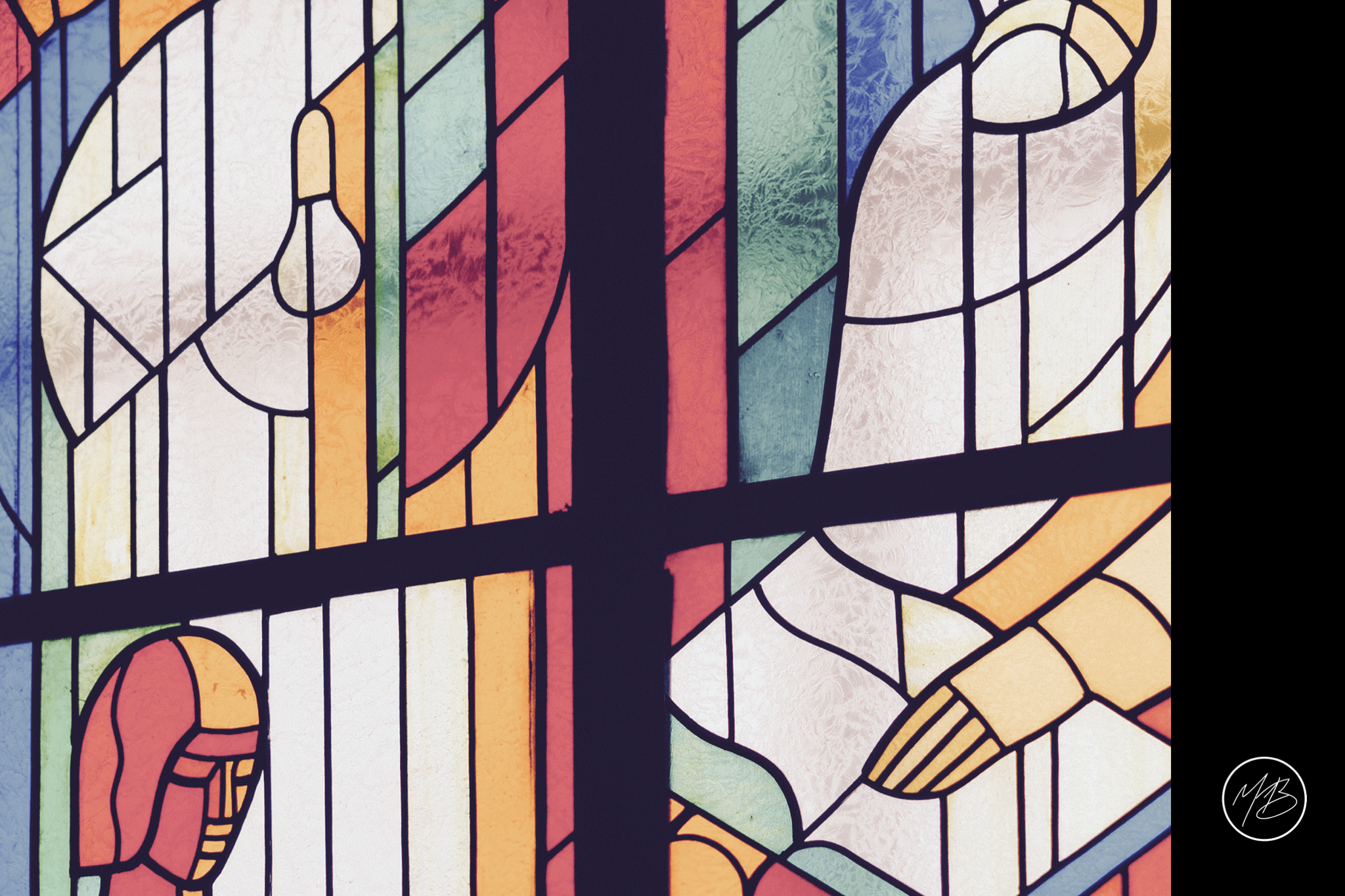Since completing my M. Div. program I’ve been often asked what I found most helpful or impactful. My response is always the same, and it’s always met with some surprise: church history. Studying church history has been the most spiritually formative exercise of my seminary program, outside of regular Bible reading. Here are four things that happen when we look backward before moving forward…
We meet our family.
We’re really stuck on ourselves. We get so caught up in our churches, networks, and denominations that we begin to see them as the normative expression of Christian faith and practice. Sure, we’re in those relationships because we think they are right, true, and good, but the Christian story is so much more expansive than the little chapter in which my life plays out. A church history classroom is like the family reunion where you’re forced to play cornhole with long-lost cousins only to discover they’re actually pretty awesome. They may not look or sound like my immediate family members, but they’re one of us. Our shared past gives us a common sense of being. We come from different places, with different parents, and different experiences. But we are Ballards! Or in this case, we are Christians! And together we learn how to live into that beautiful name. Fear and suspicion flee in the face of love and understanding. Our differences become our strengths, and our witness exalts the One who brought us into the family.
We find the banks.
Who’s saved? That’s been the most nagging, pervasive question of my Christian life. And I still don’t know the answer. But church history has given me so much context for what we really mean when we talk about Christianity. Time and space have served as funnels, siphoning off that which is temporal and cultural, leaving us with a clearer picture of our glorious gospel.
One of my professors always talked about the “river of orthodoxy.” Saints who have gone before us have plunged the depths of Scripture with the Spirit as their guide, discerning the banks of that river. They’ve helped us think critically about our boundaries, understanding that not everything called “Christian” is really so. When we study our Bibles and do theological work in the company of the saints who have gone before us, we see more clearly the convictions we must hold with a closed fist. We understand the sorts of things Christians must believe and are equipped to handle second-tier issues with both grace and conviction.
We see our blindspots.
Okay not really. If we saw a blindspot (something deviant in our faith and practice that we don’t think is deviant) it would cease being a blindspot (because we could see it). But if guys like Augustine, Luther, Calvin, and Wesley had them, I guarantee I have more. Frankly, as I type this, I’m wrong about something I don’t think I’m wrong about. That awareness in itself makes us more humble and more teachable. We gather to learn from one another, not judge one another. We are slow to speak and quick to listen. We speak the truth in love, understanding we’re free to live, learn, repent, and change in the context of family.
We journey onward.
Wisdom we glean from our mothers and fathers helps us love God, love our neighbors, and make disciples in our day. The ways my ministry has deepened and changed in light of their example are numerous. At the very least, we learn that the challenges, temptations, and problems we face are not new. The mistakes we make have been made before. This is doubtless to our benefit, if we will heed these examples. With the Spirit in us, the Word before us, and the Church around us, we journey onward. As heirs of the Great Tradition, we pass along the faith that has been delivered to us.
Until the whole world hears.
MB



